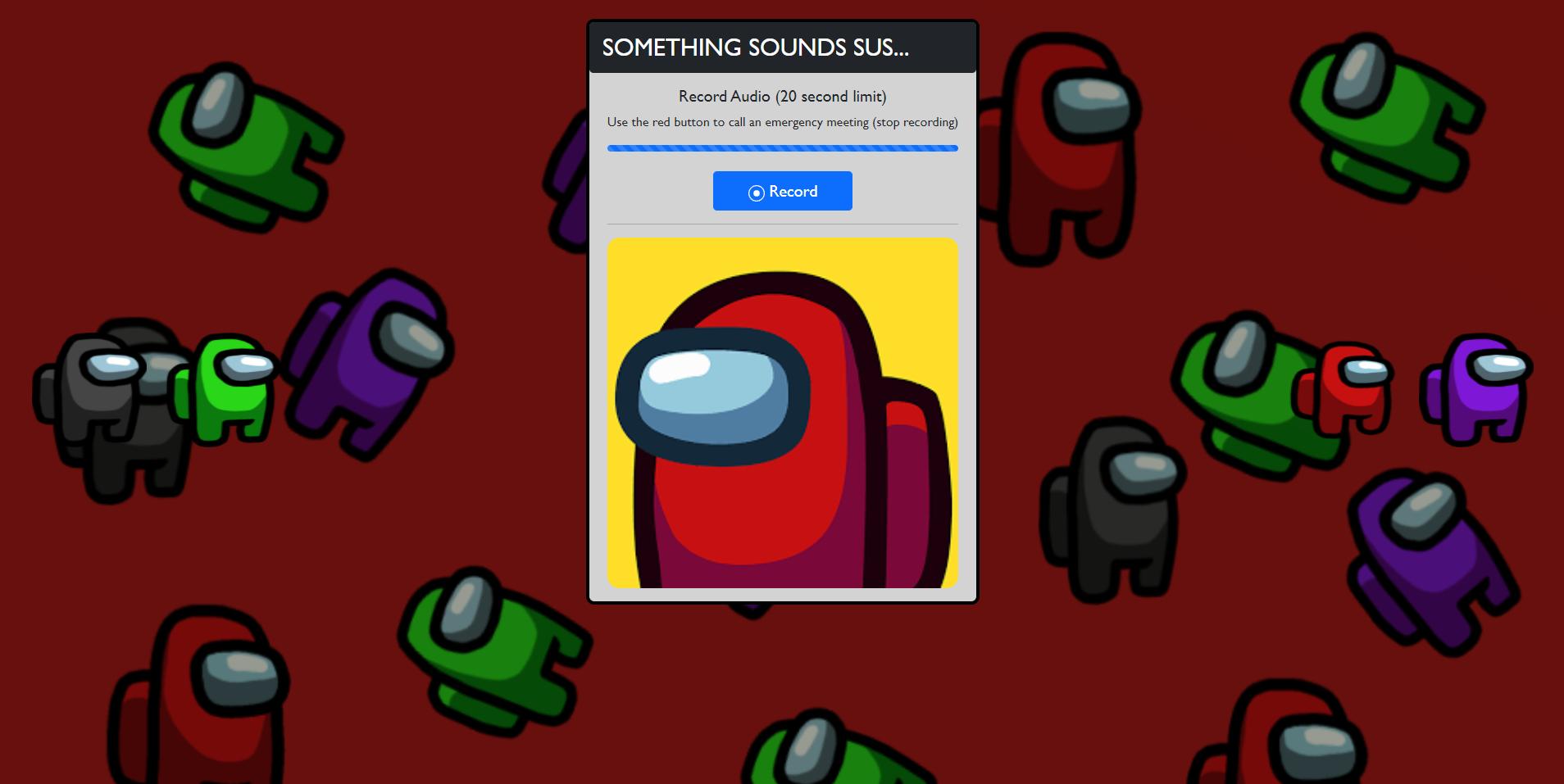F8Net
Fixed-Point 8-bit Only Multiplication for Network Quantization (ICLR 2022 Oral)
OpenReview | arXiv | PDF | Model Zoo | BibTex
PyTorch implementation of neural network quantization with fixed-point 8-bit only multiplication.
F8Net: Fixed-Point 8-bit Only Multiplication for Network Quantization
Qing Jin1,2, Jian Ren1, Richard Zhuang1, Sumant Hanumante1, Zhengang Li2, Zhiyu Chen3, Yanzhi Wang2, Kaiyuan Yang3, Sergey Tulyakov1
1Snap Inc., 2Northeastern University, 3Rice University
ICLR 2022 Oral.
Overview
Neural network quantization implements efficient inference via reducing the weight and input precisions. Previous methods for quantization can be categorized as simulated quantization, integer-only quantization, and fixed-point quantization, with the former two involving high-precision multiplications with 32-bit floating-point or integer scaling. In contrast, fixed-point models can avoid such high-demanding requirements but demonstrates inferior performance to the other two methods. In this work, we study the problem of how to train such models. Specifically, we conduct statistical analysis on values for quantization and propose to determine the fixed-point format from data during training with some semi-empirical formula. Our method demonstrates that high-precision multiplication is not necessary for the quantized model to achieve comparable performance as their full-precision counterparts.Getting Started
Requirements
-
Please check the requirements and download packages.
-
Prepare ImageNet-1k data following pytorch example, and create a softlink to the ImageNet data path to data under current the code directory (
ln -s /path/to/imagenet data).
Model Training
Conventional training
- We train the model with the file distributed_run.sh and the command
bash distributed_run.sh /path/to/yml_file batch_size- We set
batch_size=2048for conventional training of floating-/fixed-point ResNet18 and MobileNet V1/V2.- Before training, please update the
dataset_dirandlog_dirarguments in the yaml files for training the floating-/fixed-point models.- To train the floating-point model, please use the yaml file
***_floating_train.ymlin theconventionalsubfolder under the corresponding folder of the model.- To train the fixed-point model, please first train the floating-point model as the initialization. Please use the yaml file
***_fix_quant_train.ymlin theconventionalsubfolder under the corresponding folder of the model. Please make sure the argumentfp_pretrained_filedirects to the correct path for the corresponding floating-point checkpoint. We also provide our pretrained floating-point models in the Model Zoo below.Tiny finetuning
We finetune the model with the file run.sh and the command
bash run.sh /path/to/yml_file batch_sizeWe set
batch_size=128and use one GPU for tiny-finetuning of fixed-point ResNet18/50.Before fine-tuning, please update the
dataset_dirandlog_dirarguments in the yaml files for finetuning the fixed-point models.To finetune the fixed-point model, please use the yaml file
***_fix_quant_***_pretrained_train.ymlin thetiny_finetuningsubfolder under the corresponding folder of the model. For model pretrained withPytorchCV(Baseline of ResNet18 and Baseline#1 of ResNet50), the floating-point checkpoint will be downloaded automatically during code running. For the model pretrained byNvidia(Baseline#2 of ResNet50), please download the checkpoint first and make sure the argumentnvidia_pretrained_filedirects to the correct path of this checkpoint.
Model Testing
-
We test the model with the file run.sh and the command
bash run.sh /path/to/yml_file batch_size -
We set
batch_size=128and use one GPU for model testing. -
Before testing, please update the
dataset_dirandlog_dirarguments in the yaml files. Please update the argumentintegize_file_pathandint_op_only_file_patharguments in the yaml files***_fix_quant_test***_integize.ymland***_fix_quant_test***_int_op_only.yml, respectively. Please also update other arguments likenvidia_pretrained_fileif necessary (even if they are not used during testing). -
We use the yaml file
***_floating_test.ymlfor testing the floating-point model;***_fix_quant***_test.ymlfor testing the fixed-point model with the same setting as during training/tiny-finetuning;***_fix_quant***_test_int_model.ymlfor testing the fixed-point model on GPU with all quantized weights, bias and inputs implemented with integers (but withfloatdtype as GPU does not support integer operations) and use the original modules during training (e.g. with batch normalization layers);***_fix_quant***_test_integize.ymlfor testing the fixed-point model on GPU with all quantized weights, bias and inputs implemented with integers (but withfloatdtype as GPU does not support integer operations) and a new equivalent model with only convolution, pooling and fully-connected layers;***_fix_quant***_test_int_op_only.ymlfor testing the fixed-point model on CPU with all quantized weights, bias and inputs implemented with integers (withintdtype) and a new equivalent model with only convolution, pooling and fully-connected layers. Note that the accuracy from the four testing files can differ a little due to numerical error.
Model Export
-
We export fixed-point model with integer weights, bias and inputs to run on GPU and CPU during model testing with
***_fix_quant_test_integize.ymland***_fix_quant_test_int_op_only.ymlfiles, respectively. -
The exported onnx files are saved to the path given by the arguments
integize_file_pathandint_op_only_file_path.
F8Net Model Zoo
All checkpoints and onnx files are available at here.
Conventional
| Model | Type | Top-1 Acc.a | Checkpoint |
|---|---|---|---|
| ResNet18 | FP 8-bit |
70.3 71.0 |
Res18_32Res18_8 |
| MobileNet-V1 | FP 8-bit |
72.4 72.8 |
MBV1_32MBV1_8 |
| MobileNet-V2b | FP 8-bit |
72.7 72.6 |
MBV2b_32MBV2b_8 |
Tiny Finetuning
| Model | Type | Top-1 Acc.a | Checkpoint |
|---|---|---|---|
| ResNet18 | FP 8-bit |
73.1 72.3 |
Res18_32pRes18_8p |
| ResNet50b (BL#1) | FP 8-bit |
77.6 77.6 |
Res50b_32pRes50b_8p |
| ResNet50b (BL#2) | FP 8-bit |
78.5 78.1 |
Res50b_32nRes50b_8n |
a The accuracies are obtained from the inference step during training. Test accuracy for the final exported model might have some small accuracy difference due to numerical error.
Technical Details
The main techniques for neural network quantization with 8-bit fixed-point multiplication includes the following:
- Quantized methods/modules including determining fixed-point formats from statistics or by grid-search, fusing convolution and batch normalization layers, and reformulating PACT with fixed-point quantization are implemented in
models/fix_quant_ops. - Clipping-level sharing and private fractional length for residual blocks are implemented in the ResNet (
models/fix_resnet) and MobileNet V2 (models/fix_mobilenet_v2).
Acknowledgement
This repo is based on AdaBits.
Citation
If our code or models help your work, please cite our paper:
@inproceedings{
jin2022fnet,
title={F8Net: Fixed-Point 8-bit Only Multiplication for Network Quantization},
author={Qing Jin and Jian Ren and Richard Zhuang and Sumant Hanumante and Zhengang Li and Zhiyu Chen and Yanzhi Wang and Kaiyuan Yang and Sergey Tulyakov},
booktitle={International Conference on Learning Representations},
year={2022},
url={https://openreview.net/forum?id=_CfpJazzXT2}
}




![[CVPR 2021 Oral] Variational Relational Point Completion Network](https://github.com/paul007pl/VRCNet/raw/main/images/intro.png)

